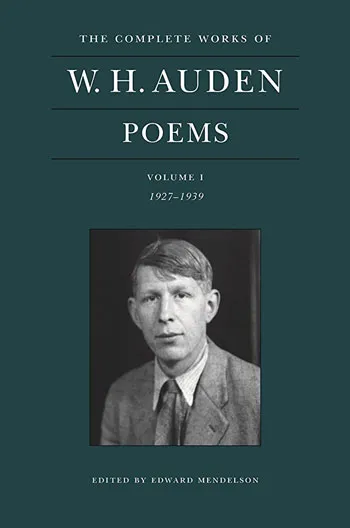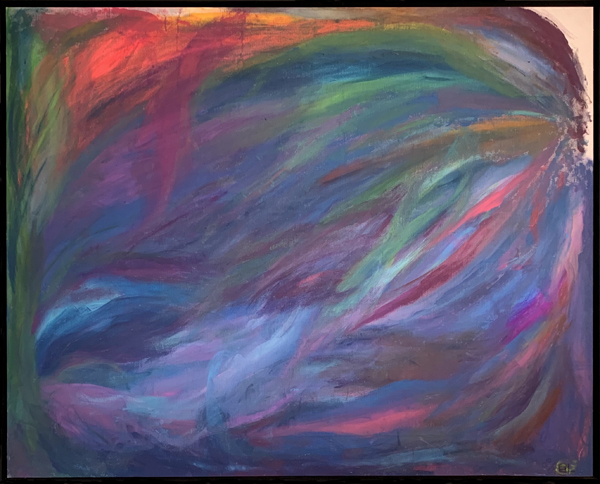A wide-ranging meditation on home, exile, and borderlands, inspired by a symposium at Czesław Miłosz’s family home, now the Borderlands Institute, near Sejny, Poland, and by a trip to the border wall in Nogales, Arizona. The Iowa International Writing Program commissioned the piece, which begins as follows:
In place of home
I hold the metamorphoses of the world—
—Nelly Sachs
The earliest literary texts explore themes of homeland and exile, usually when capricious authorities make a stable home life untenable. In the 詩經 or Classic of Poetry (11th-7th centuries BCE), giant rats—actually avaricious local officials—disturb the peace so profoundly that the poet yearns “to move away to some decent border town” where he can “make an end to this endless moan.” In the Tale of Sinuhe (c. 19th century BCE), a king’s assassination forces a man to flee Egypt for Canaan. After a circuitous journey, he returns home, now aged but still terrified about the repercussions from his exile, telling the new king: “This flight which your humble servant made— / I had not planned it. It was not in my heart.” The impassioned testimonies of those who leave their homes are among the first exemplars of the literary imperative that seeks to dignify individual experience over the tyranny of power and fate.
Once my father mentioned that, as a youth, he witnessed an atrocity committed by Japanese soldiers: a Chinese baby being thrown into the air and impaled on one of their bayonets. But I was skeptical of this late confession—he was 88 years old—so I made no comment, looking away with embarrassment. He was sitting in the dining room of the memory care section at his nursing home in Phoenix. We were surrounded by other patients in varying stages of dementia. By then, what my father had forgotten was indistinguishable from what he thought he knew. He said all sorts of wild things—in part, to please me. He knew that I was a writer who sought vivid anecdotes about his Chinese homeland.
Even before the great disruptions that characterize the modern era—the cataclysmic armaments that uprooted cities and decimated populations, the assembly-line genocides—exile had become a metaphor for psychological alienation in the minds of those who created the styles of expression that we consider modern. I think of the passage in Fernando Pessoa’s The Book of Disquiet (written ca. 1913-1935) in which the speaker and another person—a stranger, friend, or relative, it’s unclear— “were walking, together and separate, along forest paths that kept abruptly changing direction.” It becomes apparent that these walkers are refugees, but it’s uncertain what they are fleeing from or why: “Even we could not have said what houses, duties or loves we had left behind us. At that moment, we were merely travelers walking between what we had forgotten and what we did not know…”

Near Krasnogruda, Poland, November 2022, photo by David Woo.

